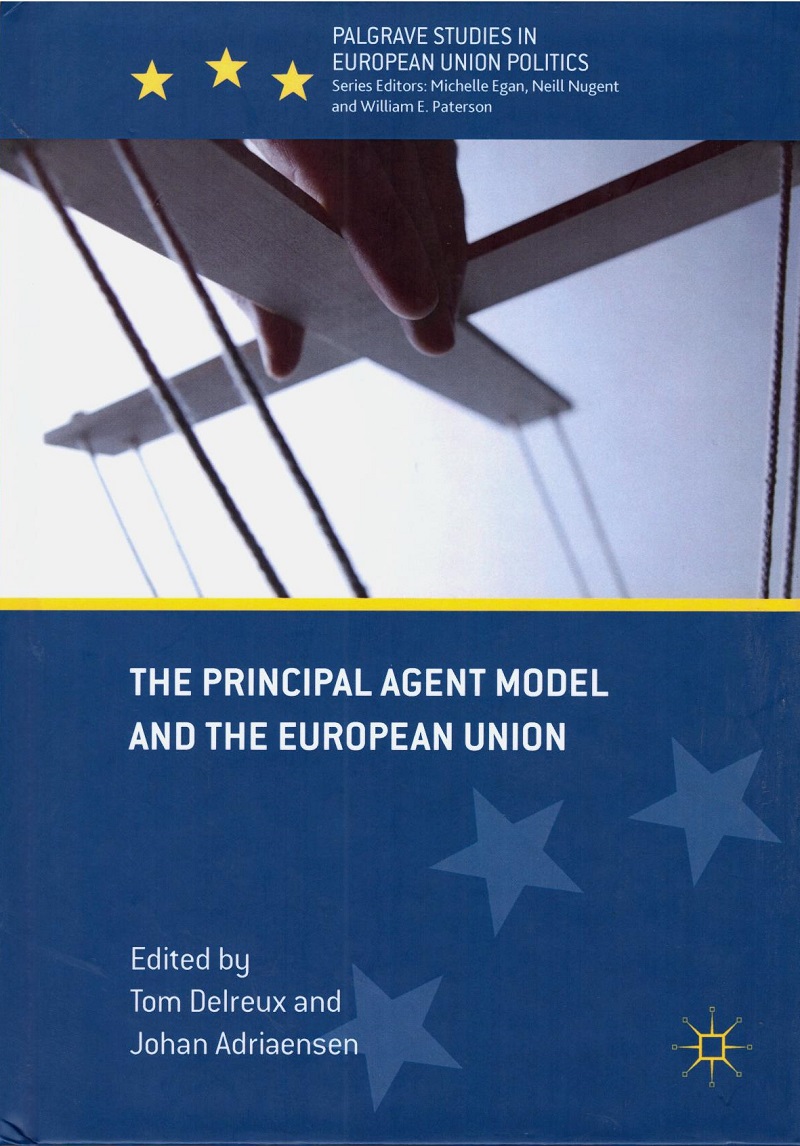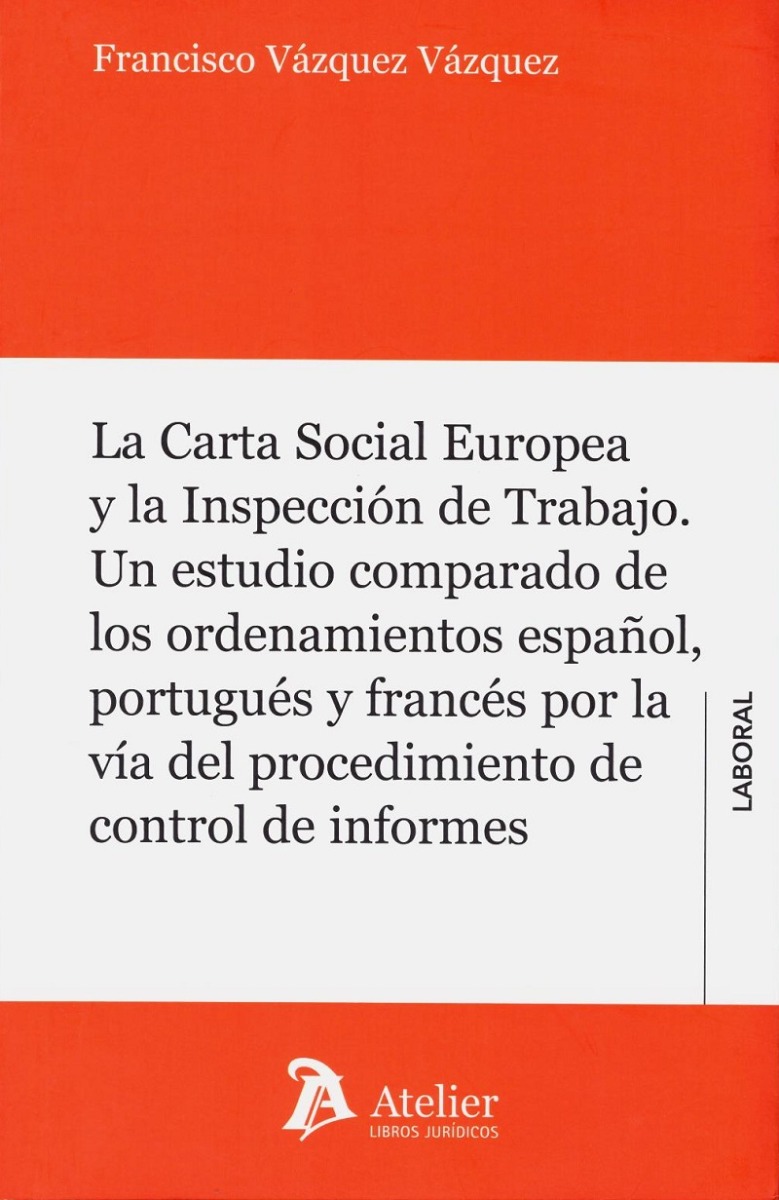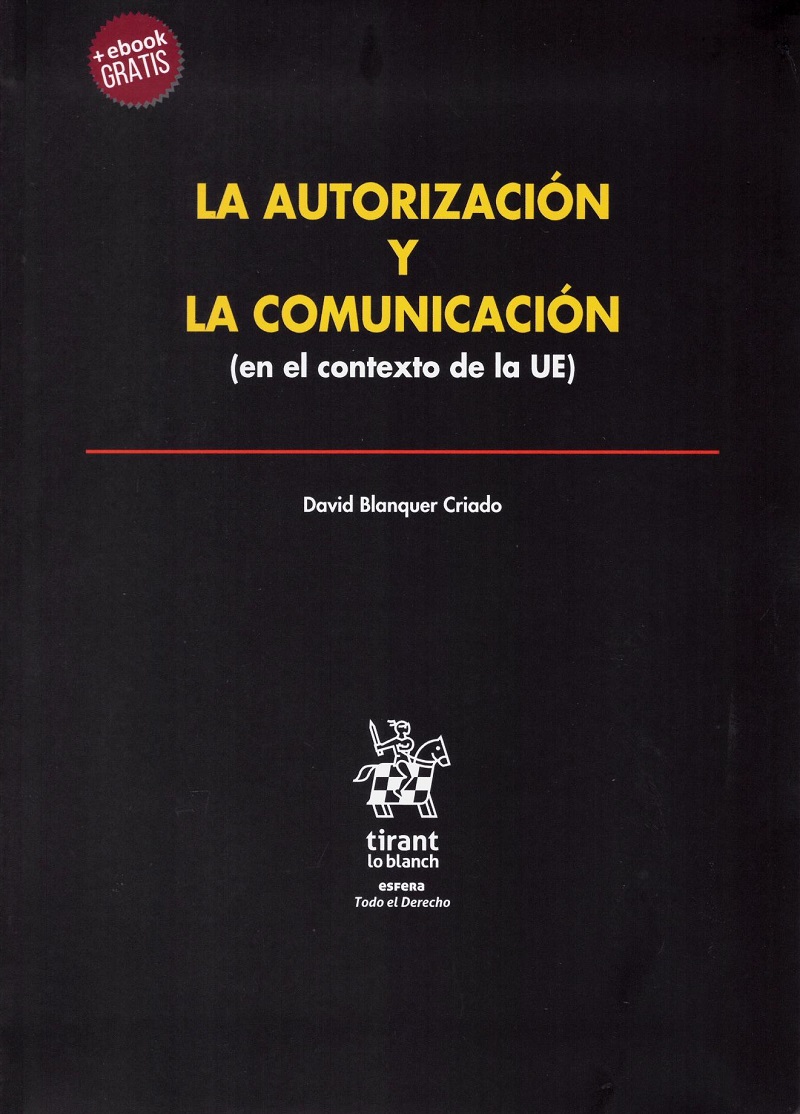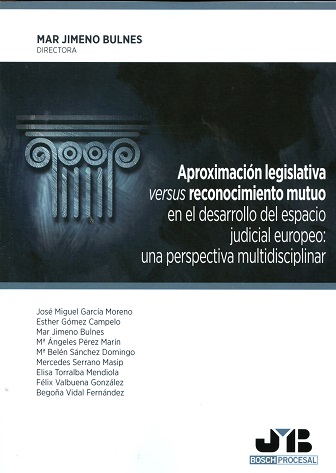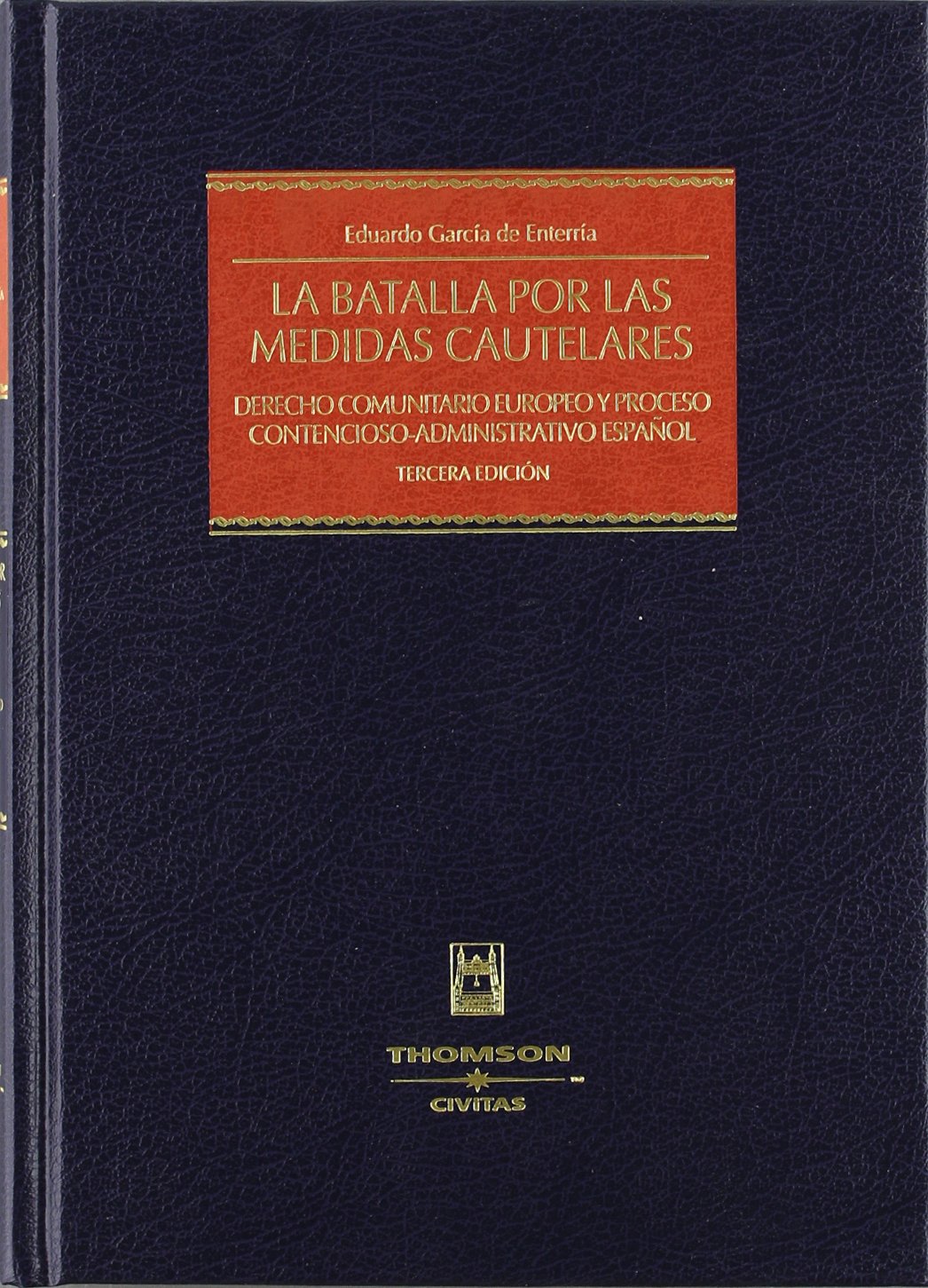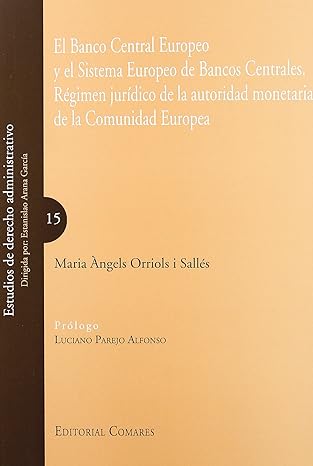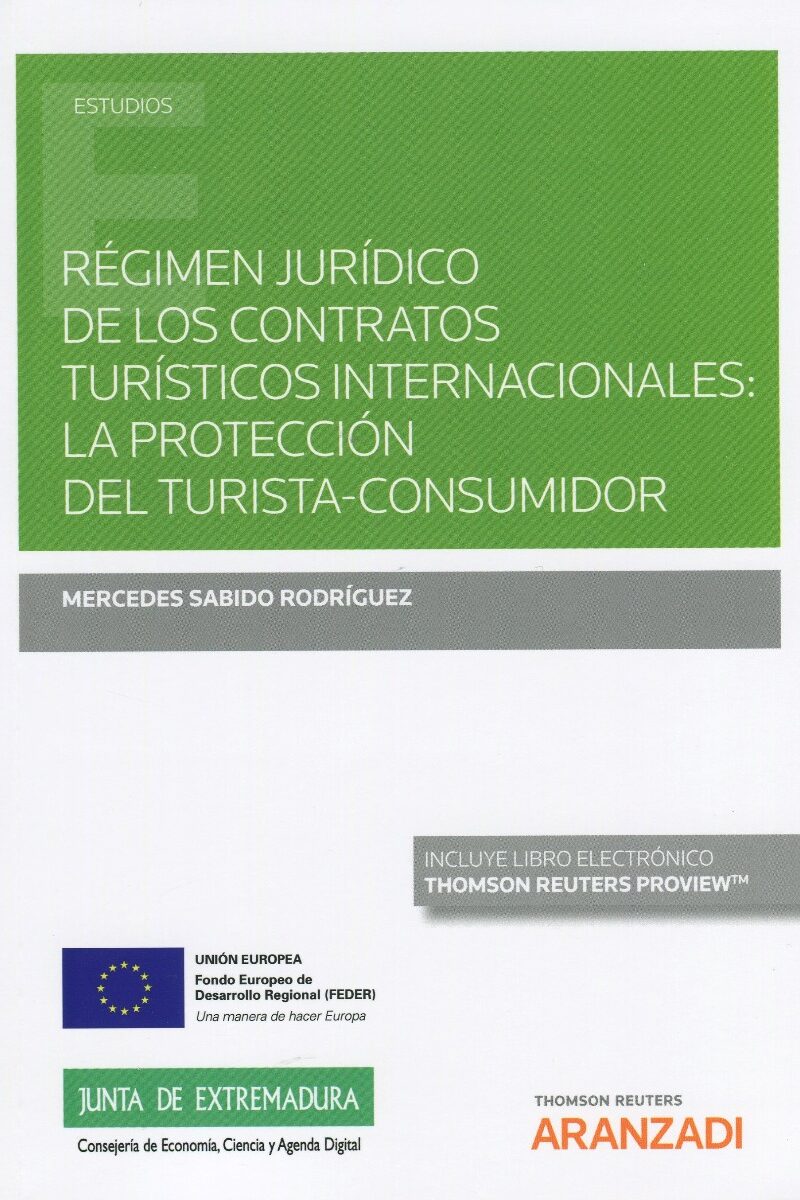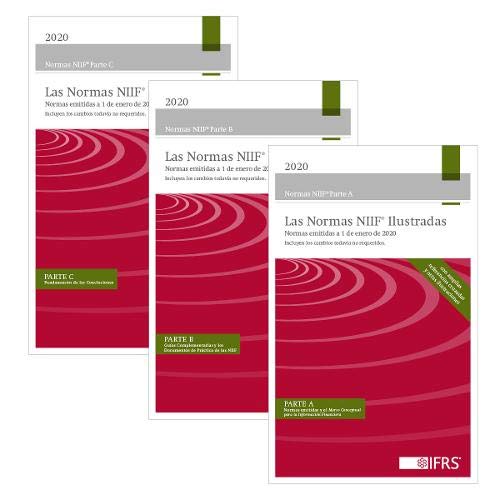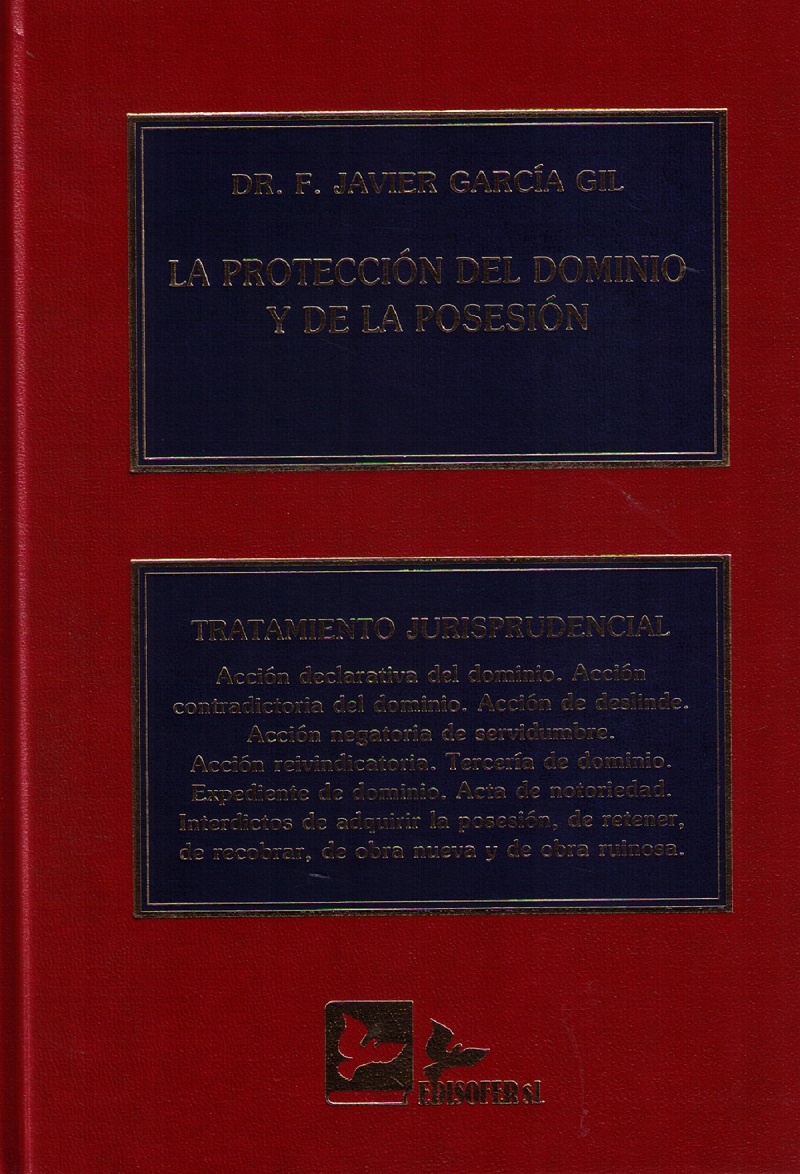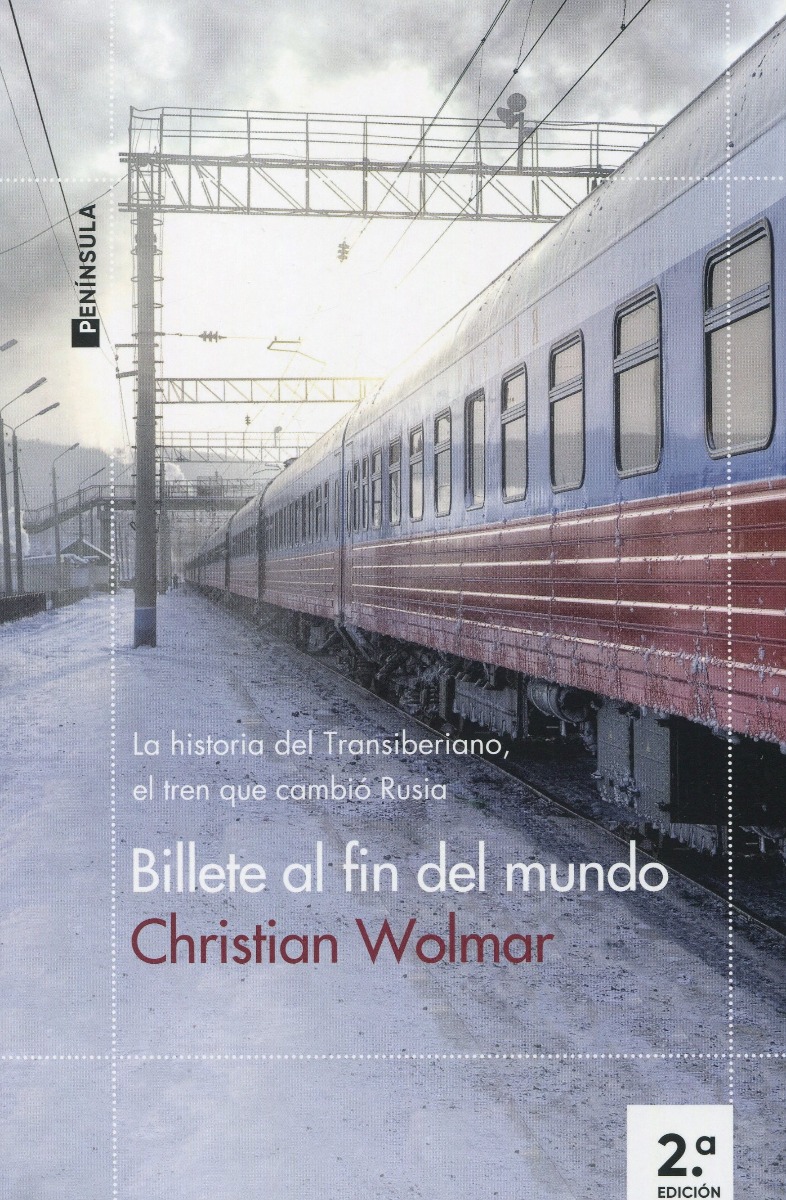This book assesses the use and limitations of the principal-agent model in a context of increasingly complex political systems such as the European Union. Whilst a number of conceptual, theoretical and methodological challenges need to be addressed, the authors show that the principal-agent model can still provide deeper insights into a wide range of political phenomena.
Through an empirical analysis of multiple principal-agent relations in the EU, covering a variety of policy fields and political actors, the volume refines our theoretical understanding of the politics of delegation and discretion in the EU. It will appeal to scholars in interested in EU politics and policy, public administration and governance, and international organisations.
– The Principal–Agent Model, Accountability and Democratic Legitimacy.
– Non-exclusive delegation to the European External Action Service
– Designing a Collective Agent for Trilogues in the European Parliament
– Agent Interaction as a Source of Discretion for the EU High Representative
– Impact of the Agent’s Environment on Discretion in the Field of EU Conflict Resolution
– Manifest and Latent Control on the Council by the European Council
– Effects of Contestation Within a Collective Agent in EU Trade Policy-Making
– Multiple Principals’ Preferences, Types of Control Mechanisms and Agent’s Discretion in Trade Negotiations
– Agents as Information Asymmetry Managers in EU Trade Policy-Making
– Process-Tracing as a Tool to Analyse Discretion
– Conclusion. Opportunities and Challenges for the Principal–Agent Model in Studying the European Union
Tom Delreux is Professor of EU Politics at the Institut de Sciences Politiques Louvain-Europe (ISPOLE) at the University of Louvain (Louvain-la-Neuve), Belgium.
Johan Adriaensen is Research Coordinator at the Center for European Research in Maastricht (CERiM) at Maastricht University, the Netherlands.

